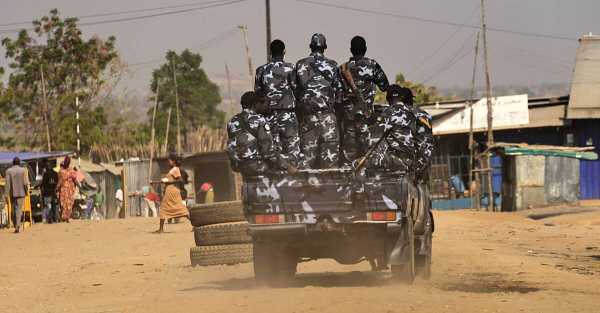
General Petr Pavel defeated Andrej Babis and became the new Czech president, receiving congratulations from Polish political representatives, although they do not all agree with his policies.
A few days before the second round of the Czech presidential election, the country’s former prime minister Andrej Babis shocked Czech and Polish public opinion by announcing that, in the event of a war with Russia, he would seek his country’s non-fulfilment of Article 5 of NATO, which in practice would mean not providing military aid to Poland.
Although Babis soon backtracked, his words caused a stir in Poland. Petr Pavel took advantage of the situation by assuring Poles that his counter-candidate ‘does not speak’ for the Czech Republic and announced that his country would abide by international agreements.
Polish politicians congratulated the new Czech president on social media.
“Congratulations to Petr Pavel on your election victory. The Polish-Czech partnership is the guarantor of our region’s safety. Together we can achieve much,” Polish Prime Minister Mateusz Morawiecki wrote on Twitter.
“Today, the presidential election in our neighbouring Czech Republic came to an end. Gen. Petr Pavel was elected the new President of the Czech Republic! Dear Mr President, heartiest congratulations and greetings from Poland! You are welcome to visit Warsaw!” Polish President Andrzej Duda said in a Twitter post.
Petr Pavel, who represents pro-European democratic circles, has little in common with the conservative Polish government. Unlike Poland’s ruling Law and Justice party, the politician is a supporter of same-sex marriage and the adoption of children by non-heteronormative couples, euthanasia and the introduction of the Czech Republic into the Eurozone.
What most unites the Czech president-elect with the Polish government is his negative attitude towards Russia. It is possible that, following Pavel’s swearing-in, we could witness a strengthening and intensification of cooperation between Poland and the Czech Republic, with the aim of providing military and logistical assistance to Ukraine.
(Bartosz Sieniawski | EURACTIV.pl)
Source: euractiv.com



